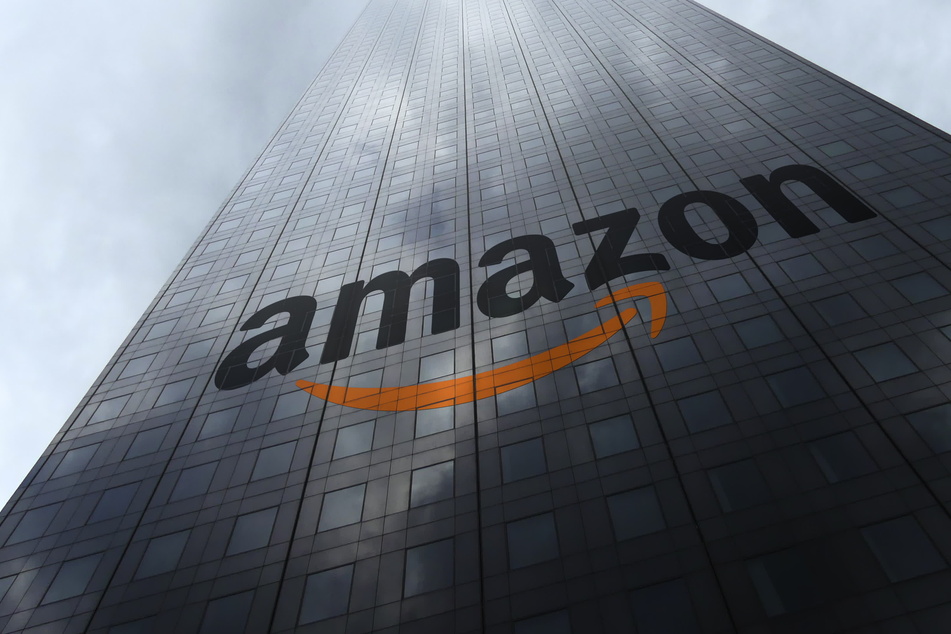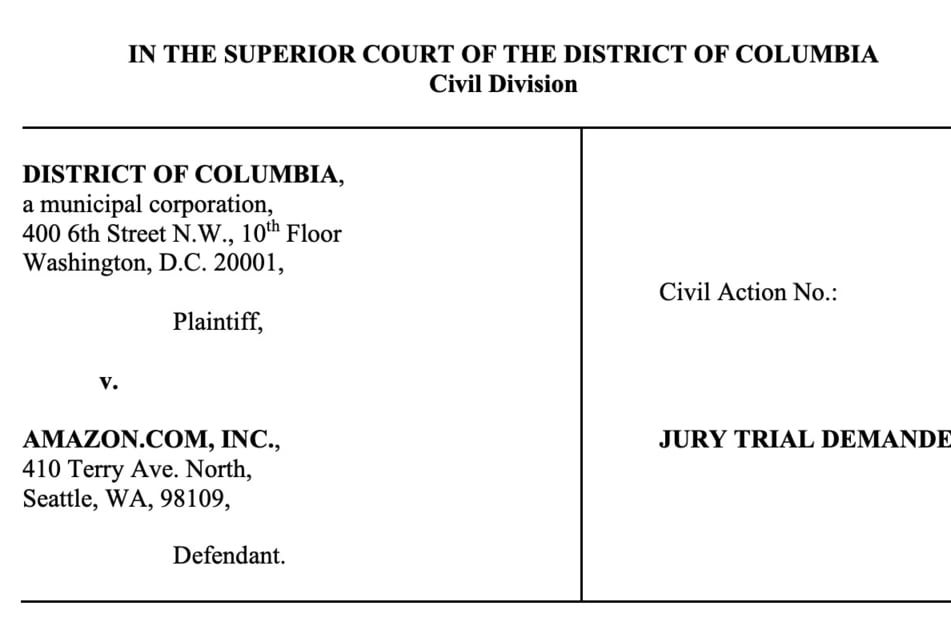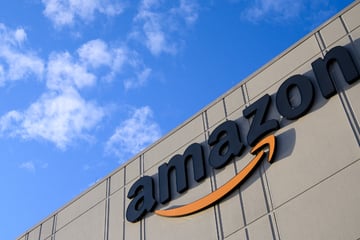Attorney General slaps Amazon with potentially game-changing anti-trust lawsuit!
Washington, DC - The Attorney General has filed an antitrust lawsuit against Amazon this week alleging the company forces third-party sellers to raise their prices on other websites to kill off competition.

AG Karl Racine filed a historic antitrust lawsuit against Amazon on Tuesday, signaling that the very practices that made the company all-powerful may spell its undoing.
As Axios reports, Amazon hosts listings for more than two million third-party sellers on its site. These sellers however, have always had to bear the burden of listing fees which are recouped by driving up prices. It is the third-party listing fees that are one of the most profit-generating components of Amazon's business model.
"The Amazon seller is the most profitable customer of Amazon. Sellers drive more profit to the bottom line, more than the consumers," as Jason Boyce, who co-authored The Amazon Jungle, told Forbes.
Boyce continued, "Third-party sellers give up their rights to sue Amazon. Sellers basically have no rights."
The fees can be as high as 40% in some cases. Amazon has also been using "most favored nation" agreements to stop third-party sellers from listing their goods on other websites for less money, even on the sellers' own websites.
Boyce explained: "For example, if I as a seller offer a product for $5 less on Walmart, Amazon will do something called buybox suppression. They’ll basically kill my listing and I will lose all of my digital real estate until I raise my price on Walmart. That isn’t good for consumers or for sellers."
The author thinks Amazon's goal is to force out as many competitors as possible, and that once they are gone, it can hike prices with no consequences.
Amazon's response to the renewed accusations

"The DC Attorney General has it exactly backwards – sellers set their own prices for the products they offer in our store," said an Amazon spokesperson in a statement.
"Amazon takes pride in the fact that we offer low prices across the broadest selection, and like any store we reserve the right not to highlight offers to customers that are not priced competitively."
Amazon promised to end the practices when it was called out in 2019, but simply replaced the policy with a new one with the same controls.
Cover photo: 123rf/moovstock
